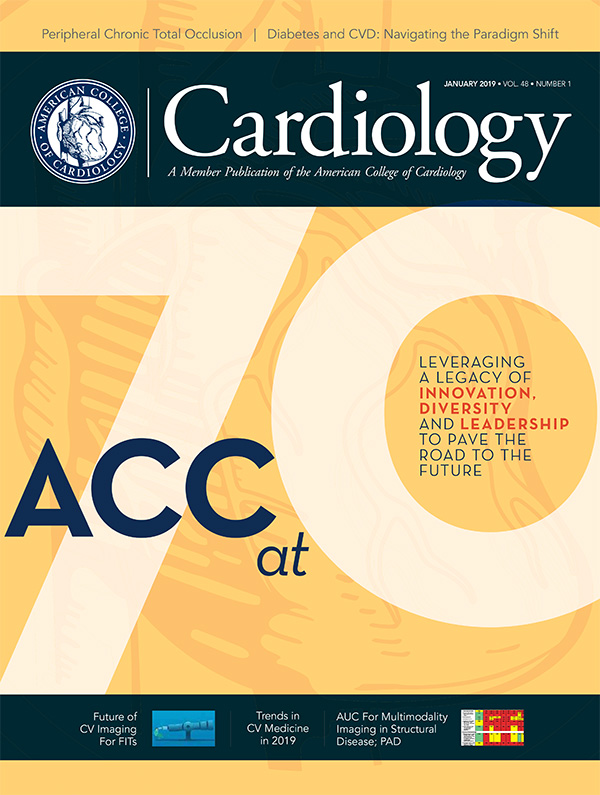Cover Story | ACC at 70: Leveraging a Legacy of Innovation, Diversity and Leadership to Pave the Road to the Future
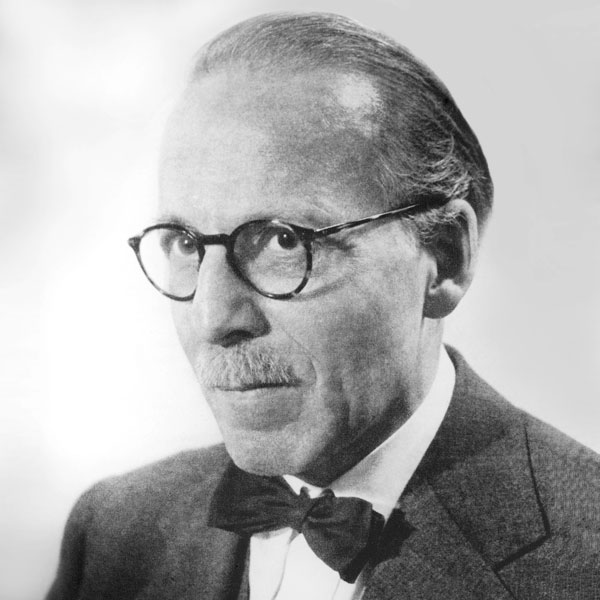 Franz Groedel, MD, MACC
Franz Groedel, MD, MACC
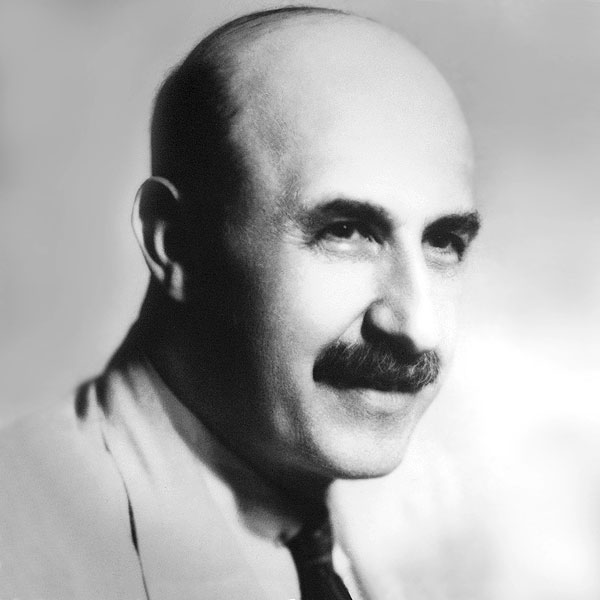 Bruno Kisch, MD, MACC
Bruno Kisch, MD, MACC
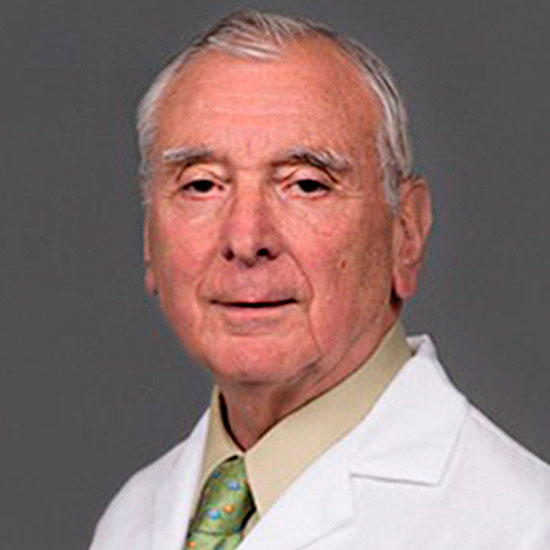 Alfred A. Bove, MD, MACC
Alfred A. Bove, MD, MACC
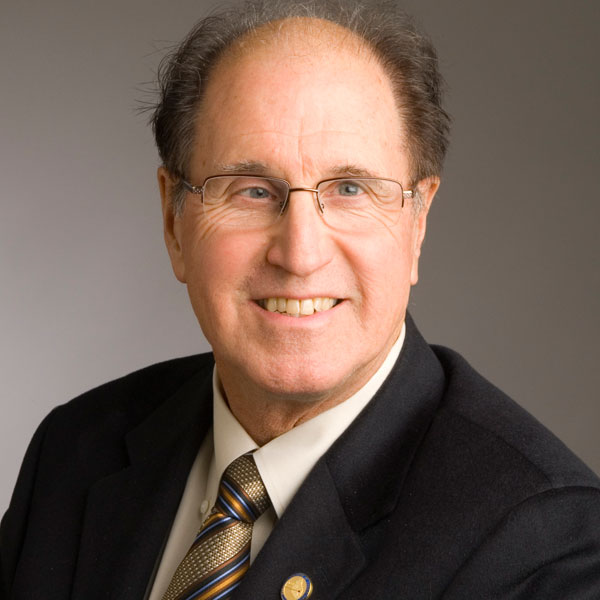 W. Douglas Weaver, MD, MACC
W. Douglas Weaver, MD, MACC
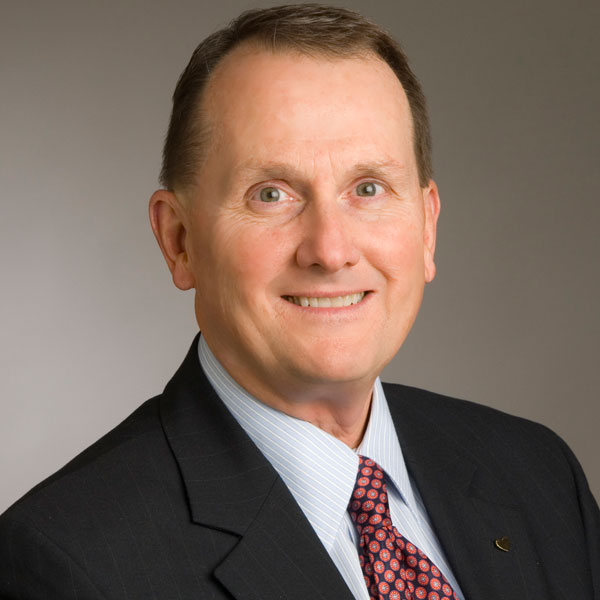 Richard A. Chazal, MD, MACC
Richard A. Chazal, MD, MACC
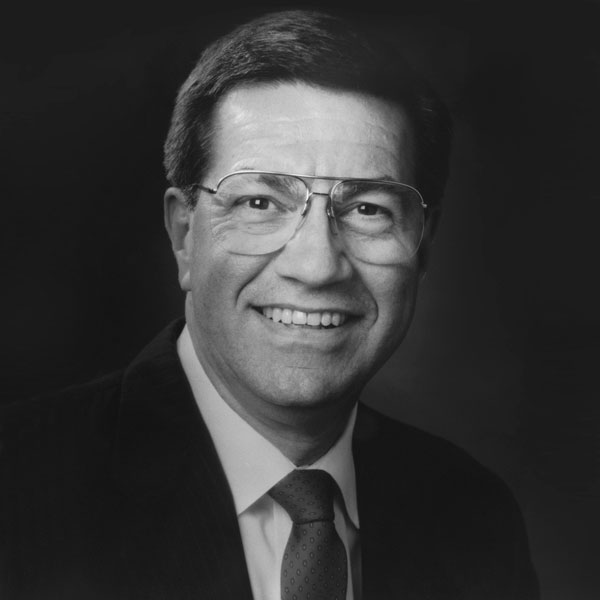 Adolph M. Hutter Jr., MD, MACC
Adolph M. Hutter Jr., MD, MACC
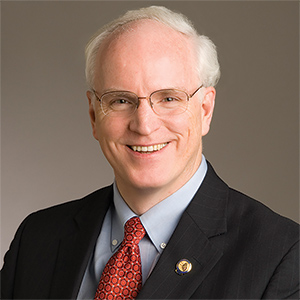 John Gordon Harold, MD, MACC
John Gordon Harold, MD, MACC
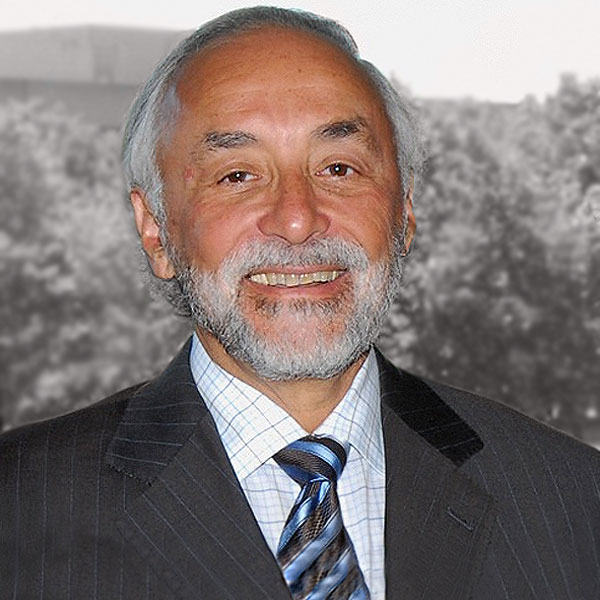 Douglas P. Zipes, MD, MACC
Douglas P. Zipes, MD, MACC
Seventy years ago, 13 cardiologists led by Franz Groedel, MD, MACC, and Bruno Kisch, MD, MACC, founded the ACC with the goal of providing a home for "professional men and women actively engaged in practice or research relating to diseases of the heart and circulation."
For some like Groedel, who had emigrated to the U.S. from Nazi Germany and was not welcomed by other medical institutions and specialty societies, the ACC was truly their professional home – a place where they and others could freely come together for education and knowledge-sharing with the mutual goal of improving the quality of cardiovascular care.
"Identification of cardiology as a specialty dedicated to excellence in care of patients with cardiovascular disease and in expanding knowledge about cardiovascular disease for the common good is what has made – and continues to make – the ACC relevant," says Alfred A. Bove, MD, MACC, ACC president from 2009-2010.
Fast forward to today and the vision and hard work of the College's early founders are still evident. The foundation they built has withstood the tests of time and allowed the College to grow to meet the changing needs of the cardiovascular work force over the last seven decades.
"Staying relevant for the ever-changing needs and clinical environment of its membership has been the biggest accomplishment of the ACC," says W. Douglas Weaver, MD, MACC, who served as ACC president from 2008-2009. "Reacting to fill voids in its offerings voiced by active participants, leadership and staff has produced ever-changing products to serve its members and the patients they care for."
Richard A. Chazal, MD, MACC, ACC president from 2016-2017, echoes this sentiment. "Perhaps the greatest accomplishment in the College's history is its ability to evolve to fit the needs of patient care in an ever-changing environment," he says. "Since its inception, the ACC has remained relevant by keeping high quality patient care at the center of its mission...and by working to empower physicians (and, now, the entire care team) to accomplish this task through education, quality initiatives and advocacy."
This continued evolution will kick into high gear this year with the start of the next five-year Strategic Plan – ultimately culminating with ACC's 75th Anniversary. The new plan, which includes an updated vision of a world where innovation and knowledge optimize cardiovascular care and outcomes, sets the College on an ambitious, but achievable, path that builds on the legacy of ACC's founders to create a place where cardiovascular professionals – no matter where they live and work – can find the tools and resources they need to transform cardiovascular care and improve heart health.
"The ACC has been and continues to be the premier professional organization addressing the ever-changing scenario of excellent cardiovascular care for patients throughout the world. Key to this continued successful effort have been the guidelines, registries, JACC and related journals, the annual meetings and advocacy," says Adolph M. Hutter Jr., MD, MACC, ACC president from 1992-1993. "The dedication and commitment of our volunteer members continue to make this professional organization a leader with great impact."
"We will meet the future not merely by dreams but by concerned action and inextinguishable enthusiasm," said Groedel. "Seventy years later, the ACC continues Groedel's aspirational goals worldwide through continuous innovation and knowledge transfer to optimize cardiovascular care and outcomes," says John Gordon Harold, MD, MACC, ACC president from 2013-2014.
Cardiology looks at some of the biggest endeavors taking place in 2019 and beyond that will build on these successful efforts to date and ensure the College's continued impact on cardiovascular history for decades more to come.
Actionable Knowledge
"While the ACC does many things, I think over the 70 years that which has made it relevant is that it is the gold standard for education of cardiologists to take better care of their patients," says Douglas P. Zipes, MD, MACC, ACC president from 2001-2002. Upholding this gold standard is vitally important and why the College is working to reinforce existing capabilities, while constantly innovating to extend the reach and capabilities of its educational programs and offerings.
In 2019 look for updated ACCSAP for general cardiology and CathSAP for interventional cardiology products, as well as two new SAPS for echocardiography (EPSAP) and heart failure (HFSAP). Each of these products will take advantage of the latest mobile and digital learning technologies, as well as for the first-time be offered on a subscription basis for five years.
More importantly, the American Board of Internal Medicine and the ACC (with the strong collaboration of SCAI, HRS and HFSA) have initiated a project with the purpose of marrying the concept of lifelong learning to the assessment requirement of ABIM's Maintenance of Certification (MOC) process.
The project, called the Collaborative Maintenance Pathway (CMP), is still under active development with the ABIM. It is anticipated, when a final agreement is reached, the CMP will use these SAPs to allow cardiologists to follow a continuous, rigorous and comprehensive study of their specialty areas throughout their professional lifetimes.
ACC live educational programming, including the upcoming ACC Annual Scientific Session in New Orleans, LA, (ACC.19), also continues to innovate. Look for more live streaming of key sessions; greater integration of diverse perspectives (i.e., international, cardiovascular care team, Fellows in Training (FITs), or race, gender or ethnicity); use of social media to drive engagement and discussion; additional opportunities for abstract submissions; and more. Focused education targeted at regions, countries, cardiovascular interest, and/or specific roles on the cardiovascular care team will also continue to evolve and expand.
Beyond products and meetings, the ACC is also looking closely over the next year at how best to optimize clinical guidelines, Appropriate Use Criteria and expert consensus clinical pathway documents. Among the considerations: needs of international members; integration of patient voice; speed of updates; streamlined incorporation of recommendations at point-of-care; tools/resources that can enable shared decision-making discussions with patients; and more.
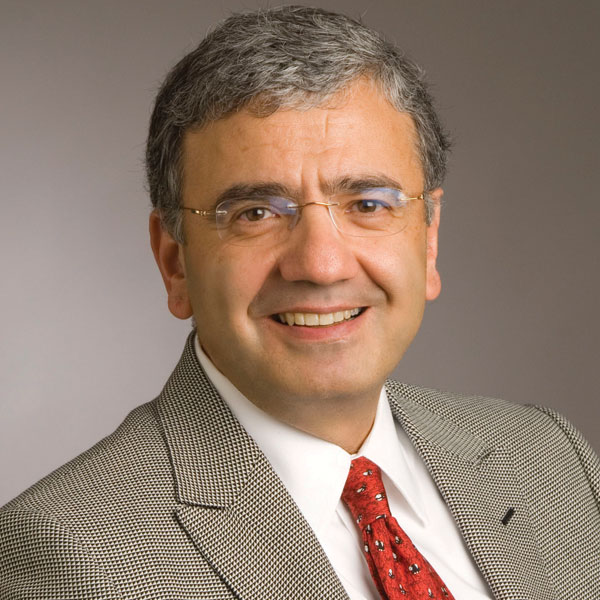 William A. Zoghbi, MD, MACC
William A. Zoghbi, MD, MACC
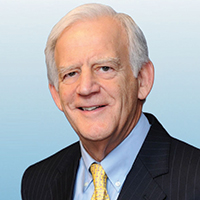 Anthony N. DeMaria, MD, MACC
Anthony N. DeMaria, MD, MACC
"Being a leader in cardiovascular education, emphasizing quality of care and worldwide dissemination of unbiased cardiovascular knowledge to improve heart health is one of the College's greatest accomplishments," says William A. Zoghbi, MD, MACC, ACC president from 2012-2013. Look for this leadership to grow even further.
All in the JACC Family
"For the past 70 years the ACC has been the major source of education for the cardiology community, with JACC as the primary venue for new research information," says Anthony N. DeMaria, MD, MACC, ACC president from 1988-1989. Today, JACC Journals continue to rank among the top cardiovascular journals worldwide – recognized as the most credible sources for the latest research and science.
Over the last five years the journals have grown to a total of six, including, JACC, JACC: Heart Failure, JACC: Clinical Electrophysiology, JACC: Cardiovascular Interventions, JACC: Cardiovascular Imaging (online) and JACC: Basic to Translational Science (online).
In addition to revamping its online presence to meet the digital needs of readers, as well as leveraging podcasts and social media to increase engagement, JACC also now offers continuing medical education (CME), MOC and European CME credits to help fulfill lifelong learning requirements.
A team of international advisors, coupled with three translated editions in Spanish, Portuguese and Chinese, are also helping to ensure greater reach of the journal. Look for two new online JACC journals in 2019 focused on cardio-oncology and case reports, respectively.
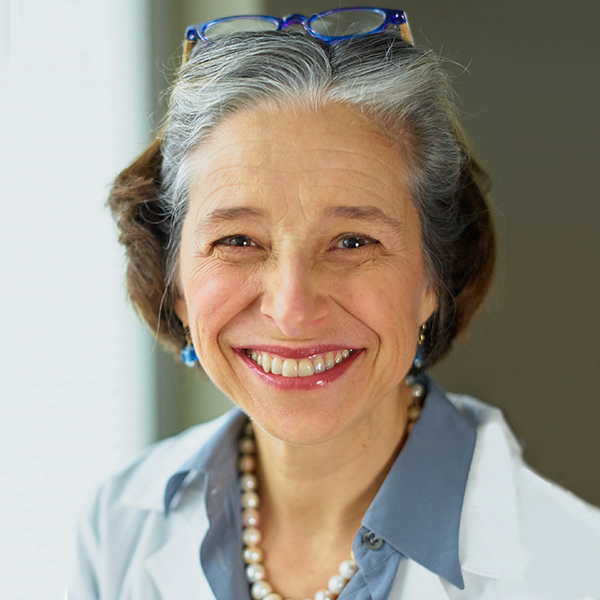 Pamela S. Douglas, MD, MACC
Pamela S. Douglas, MD, MACC
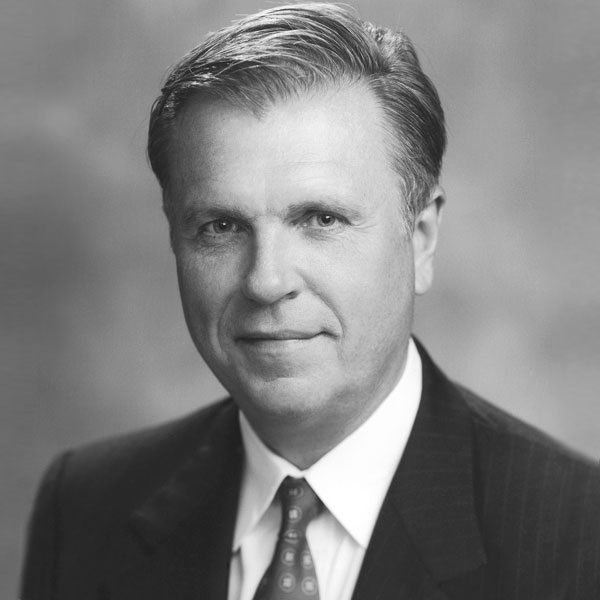 Daniel J. Ullyot, MD, MACC
Daniel J. Ullyot, MD, MACC
What does it mean to be a global cardiovascular journal? "We personally believe it means listening to our international readers and authors to better serve their needs. Any journal can claim a "global" presence; however, we believe that we have an obligation to interact and engage with our global cardiovascular colleagues to ensure we are best serving their needs," noted Valentin Fuster, MD, PhD, MACC, and William J. Oetgen, MD, MBA, FACC, in a recent JACC Leadership Page.
Leadership, Diversity and Inclusion
"ACC's emphasis on professionalism provides the rationale and framework for everything we do, whether education, standards, advocacy, diversity and inclusion or developing new leaders," says Pamela S. Douglas, MD, MACC, ACC president from 2005-2006 and chair of ACC's Diversity and Inclusion Task Force.
This focus on professionalism will be key to growing new leaders and changing culture to bring about greater diversity and inclusion across the entire spectrum of the cardiovascular field.
Heading into the new year and beyond, look for enhanced mentoring opportunities using the College's new Member Hub; an increased number of U.S. and global Women in Cardiology programs aimed at fostering women leaders, as well as engagement in the field; targeted efforts to foster diversity and inclusion both among current leadership and in the pipeline of future leaders; and increased opportunities for FITs and Early Career members to gain skills in coaching, leadership and mentoring.
"The College has remained relevant because it provides a congenial opportunity for men and women … to associate and exchange ideas and concerns," says thoracic surgeon Daniel J. Ullyot, MD, MACC, ACC president from 1994-1995. Continuing this sharing and networking will be vitally important and valuable looking to the future. Understanding the diverse needs and values of cardiovascular professionals and their patients around the world is the only way we can successfully achieve our mission and vision.
Advocacy: One College, One Voice
ACC's advocacy efforts have long-been centered around building relationships with Congress, federal government agencies, state legislative and regulatory bodies, and private payers. In fact, the College moved from New York to Bethesda, MD, in 1965 in order to be closer to the National Institutes of Health.
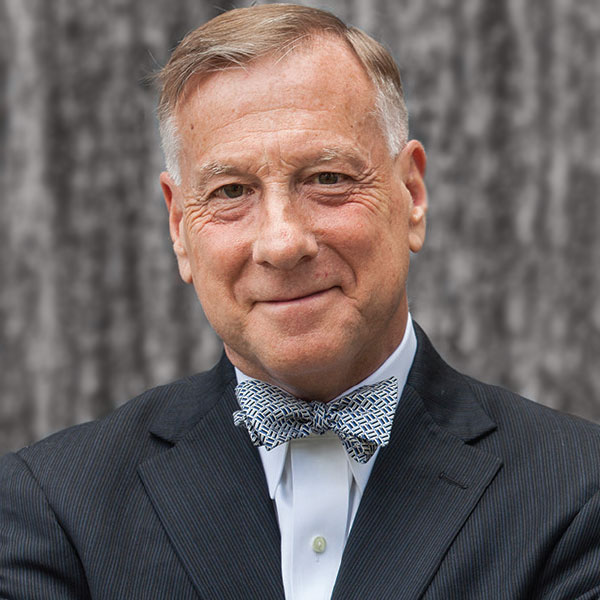 Arthur (Tim) Garson Jr., MD, MPH, MACC
Arthur (Tim) Garson Jr., MD, MPH, MACC
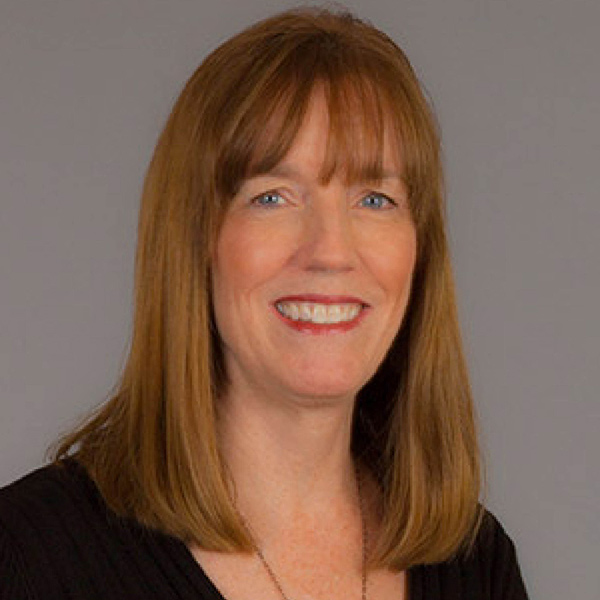 Mary Norine Walsh, MD, MACC
Mary Norine Walsh, MD, MACC
Over the years, the College has served as the trusted voice of the cardiovascular profession and patients on a wide range of issues including cardiovascular research funding, access to in-office medical imaging, health care reform, medical liability reform, tobacco legislation, physician payment, and more.
"The ACC has been the leader and exemplar among all specialty societies in virtually all issues requiring specialty input from payment reform to education policy," says Arthur (Tim) Garson Jr., MD, MPH, MACC, ACC president from 1999-2000 and a pediatric cardiologist.
Members are provided many different opportunities to participate in these efforts. "Joining the American College of Cardiology (ACC) Political Action Committee, attending the ACC Legislative Conference in the fall and meeting with senators and representatives and their health policy staff, and being active in local state chapter legislative days are all examples of easy ways that ACC members can dip their toes into the legislative process and begin to make a difference," said Mary Norine Walsh, MD, MACC, in a JACC Leadership Page during her time as president.
Look for ACC Advocacy efforts to continue around research funding and policies that further prevention and treatment of heart disease. However, also look for the College to focus on ways to reduce excessive administrative tasks that are not central to direct patient care and impede patient access to care and contribute to growing clinician dissatisfaction and workplace burnout.
Helping cardiovascular professionals, practices and hospitals successfully navigate the changing U.S. health care landscape, particularly the Quality Payment Program, is also of significant importance. On a global scale, the College will continue to partner with stakeholders around the globe on efforts to significantly reduce worldwide deaths from noncommunicable diseases by 2025.
Creating Institutional Solutions
The College is no stranger to innovation, particularly when it comes to finding solutions to facilitate quality improvement. From developing the first clinical guidelines and performance measures to the creation of the first cardiovascular data registries, the ACC has played instrumental roles in helping hospitals identify, track and compare trends and gaps in cardiovascular care.
Add national quality campaigns offering evidence-based best practices to meet guideline-recommended care, as well as hospital cardiovascular accreditation, and the ACC provides a comprehensive suite of tools that can be harnessed by hospitals, institutions and cardiovascular professionals to transform cardiovascular care and improve heart health.
Look to the ACC to continue to find new, streamlined and innovative solutions to help clinicians, hospitals, health systems and institutions improve quality. ACC leaders and staff are hard at work to identify tools that will help members address administrative burdens and improve individual and system quality.
 C. Michael Valentine, MD, FACC
C. Michael Valentine, MD, FACC
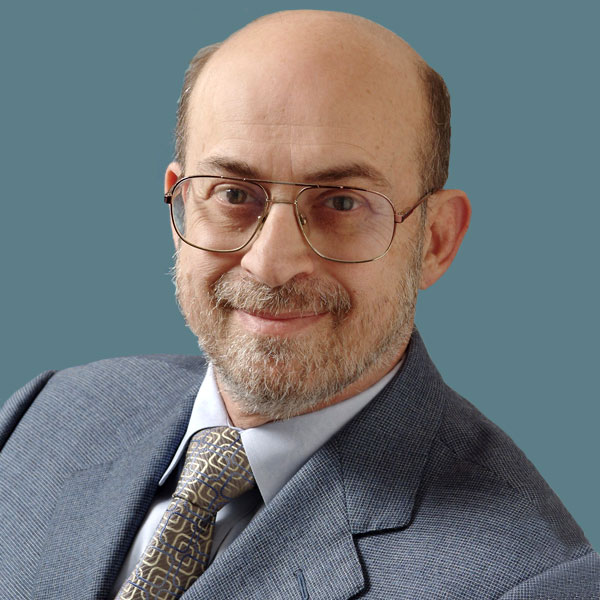 Steven E. Nissen, MD, MACC
Steven E. Nissen, MD, MACC
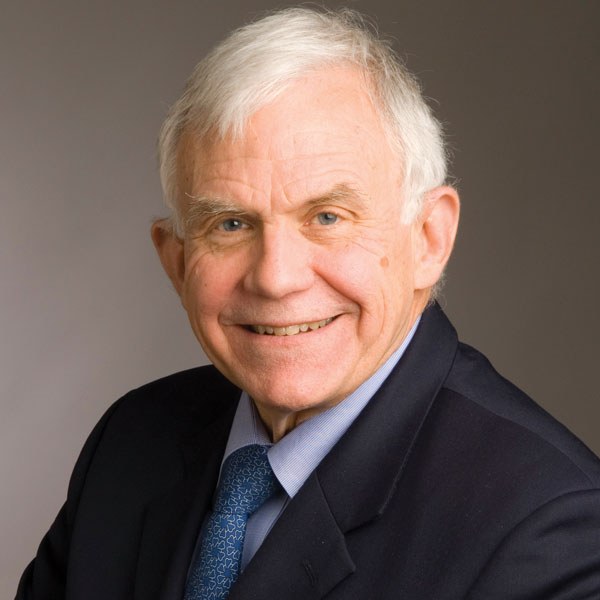 David R. Holmes Jr., MD, MACC
David R. Holmes Jr., MD, MACC
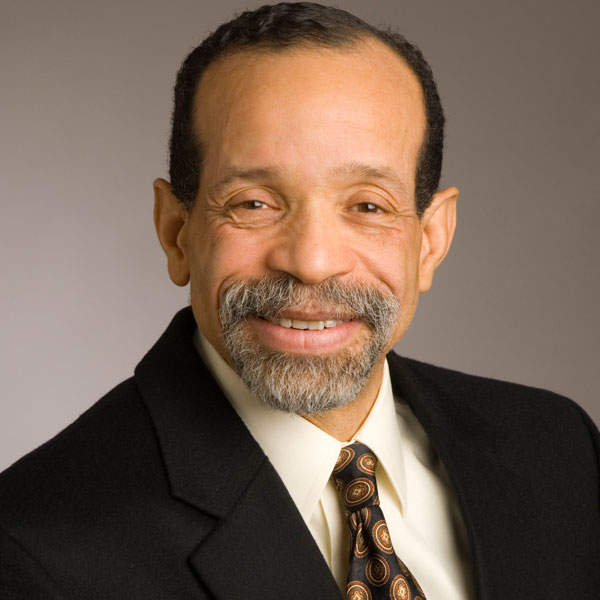 Kim Allan Williams Sr., MD, MACC
Kim Allan Williams Sr., MD, MACC
"Ultimately, we hope to create a suite of options that will engage both administrative leaders and clinical leaders in driving quality improvement within their respective practices, hospitals and health systems," says current ACC President C. Michael Valentine, MD, FACC.
"For the last 70 years, the ACC has provided education to generations of cardiologists, developing a brand associated with unbiased educational offerings of the highest quality. Few, if any, cardiologists have not been touched by ACC programs," says Steven E. Nissen, MD, MACC, ACC president from 2006-2007. "The ACC's registries have contributed enormously to understanding best practices in clinical care and improved patient care in countless ways. The legacy of this effort will be an ongoing tribute to the vision of our physician leadership and the hard work of our exceptional staff."
Putting EVERY Patient First
"Patients are at the center of what we are all about. ACC's mission pre-dates the Institutes of Medicine directive on the importance of patient-centric care by 70 years," says David R. Holmes Jr., MD, MACC, ACC president from 2011-2012.
This patient-centered focus will never waver – it's part of the College's very core. As the College continues to strengthen its outreach and collaboration across borders and continents, opportunities abound to hear and learn from broader patient populations.
Leveraging these voices to create clinician education programming, develop patient-education materials and tools, inform clinical guidelines and pathways, and identify areas of greatest need for quality improvement, is critical to both saving hearts and lives today, but also for ensuring the College is ready for whatever comes its way in the future.
"Over the past 70 years, the ACC has matured and grown into an impactful international society that has changed the lives of many physicians and patients around the world for the better," says Kim Allan Williams Sr., MD, MACC, ACC president from 2015-2016. "'Patient-centered' and 'member-driven' are not just catch phrases, they are acted upon by everyone in the organization from staff to leadership and our ever-increasing membership."
Clinical Topics: Arrhythmias and Clinical EP, Cardiovascular Care Team, Heart Failure and Cardiomyopathies, Noninvasive Imaging, Prevention, Implantable Devices, SCD/Ventricular Arrhythmias, Atrial Fibrillation/Supraventricular Arrhythmias, Statins, Acute Heart Failure, Echocardiography/Ultrasound, Stress
Keywords: ACC Publications, Cardiology Magazine, Anniversaries and Special Events, Cardiovascular Diseases, Burnout, Professional, Certification, Consensus, Cytidine Monophosphate, Critical Pathways, Education, Medical, Continuing, Echocardiography, Emigration and Immigration, Electrophysiology, Fellowships and Scholarships, Goals, Health Care Reform, Heart Failure, Leadership, Liability, Legal, Mentors, Patient Care, Quality Improvement, Quality of Health Care, Physicians, Professional Corporations, Registries, Social Media, Workplace, Societies
< Back to Listings


